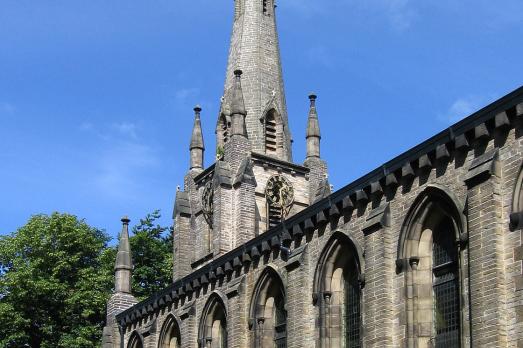
St George
New Mills, Derbyshire | SK22 4NP
Offering a welcome from the edge of the Peak District; designed in 1830 by RD Chantrell with a plainly dcorated nave and raised galleries.
We have supported this church
Search for a fascinating place to visit, or see the variety of churches, chapels and meeting houses we have supported.

New Mills, Derbyshire | SK22 4NP
Offering a welcome from the edge of the Peak District; designed in 1830 by RD Chantrell with a plainly dcorated nave and raised galleries.
We have supported this church
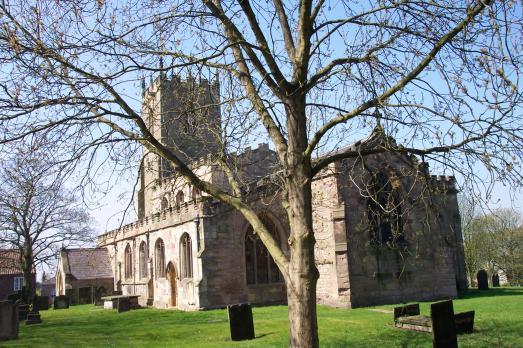
Harthill, Yorkshire | S26 7YG
All Hallows church, grade I listed, is a focal point in the pretty village of Harthill.
We have supported this church
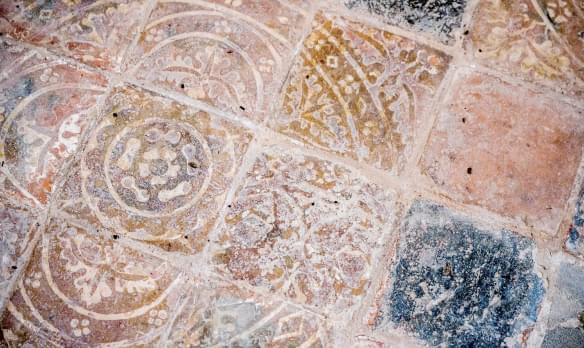
Lenten Pool, Denbighshire | LL16 3HF
A remarkable building with wonderful stained glass depicting many events in the life of Christ.
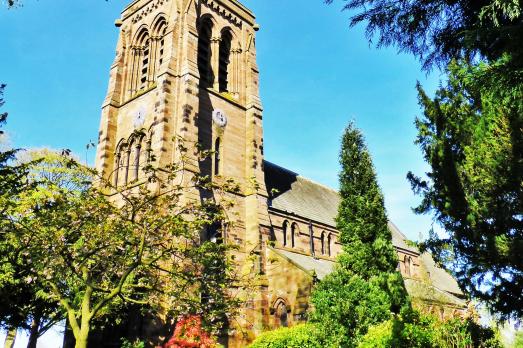
Stretton, Cheshire | WA4 4NT
In 1826–27 this Commissioners Church was built as a chapel of ease to Great Budworth.
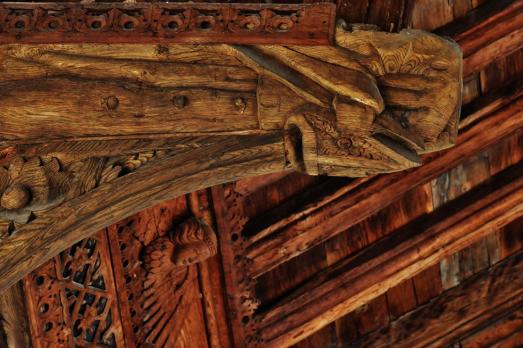
Earl Stonham, Suffolk | IP14 5EE
East Anglia possesses an unparalleled gallery of woodcarving in its church roofs.
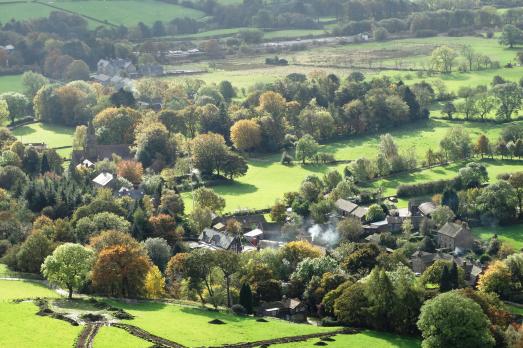
Edale , Derbyshire | S33 7ZA
A Victorian gem at the southern end of the Pennine Way.
We have supported this church
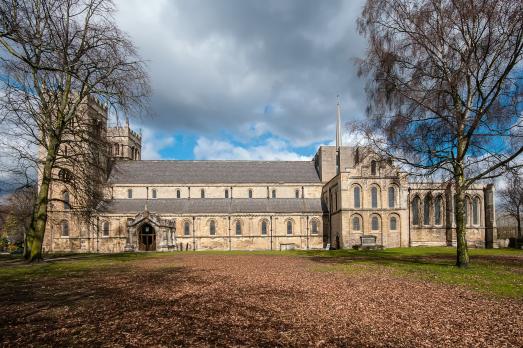
Worksop, Nottinghamshire | S80 2BW
A thousand year old wall carving, a 17th century Fox’s Book of Martyrs hidden within its walls, 14th century Crusader crosses and a 15th century skull from the the War of the Roses.
We have supported this church
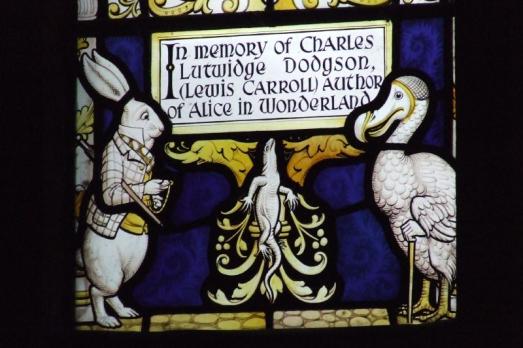
Daresbury, Cheshire | WA4 4AE
Daresbury and its church are most well known because of the connection with Charles Lutwidge Dodgson, world famous as Lewis Carroll, who was born here in 1832 and baptised in the church.

Ruanlanihorne, Cornwall | TR2 5NZ
Set in the lovely creekside village of Ruan Lanihorne the church, dedicated to the Celtic Saint Rumon, has been the centre of Christian life in the village and surrounding countryside for over 1000 years.
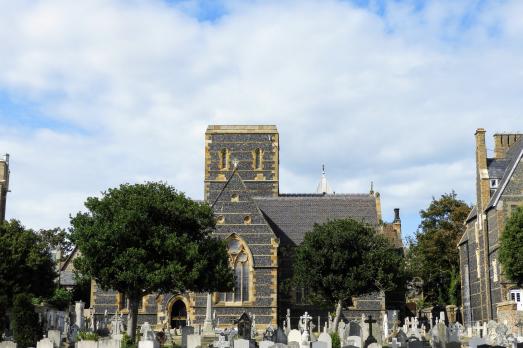
Ramsgate, Kent | CT11 9PA
This Grade I listed Gothic masterpiece is Pugin's model church and it embodies the principles he followed throughout his career.
We have supported this church
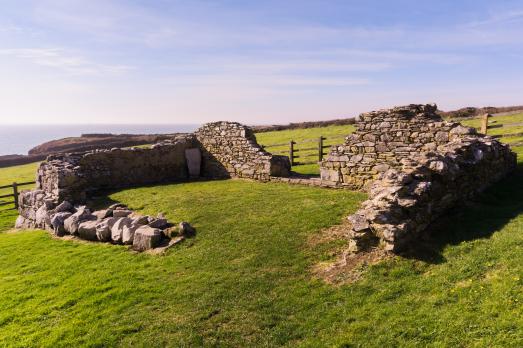
St Davids, Pembrokeshire | SA62 6BN
Reputed birthplace of Wales’s patron saint in uplifting location.
Pentney, Norfolk | PE32 1GH
The church is Saxon/Norman in origin with a very interesting history and as we see it today is a very long low structure combing the nave and the chancel with no side aisles.